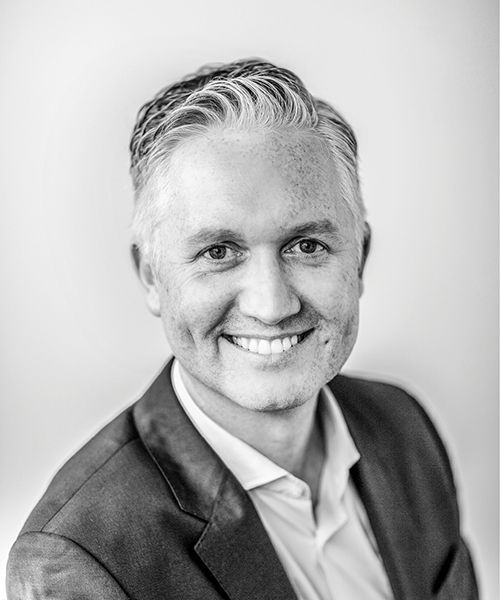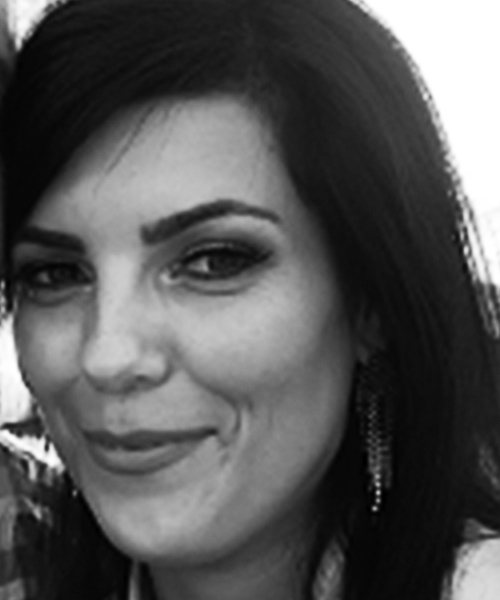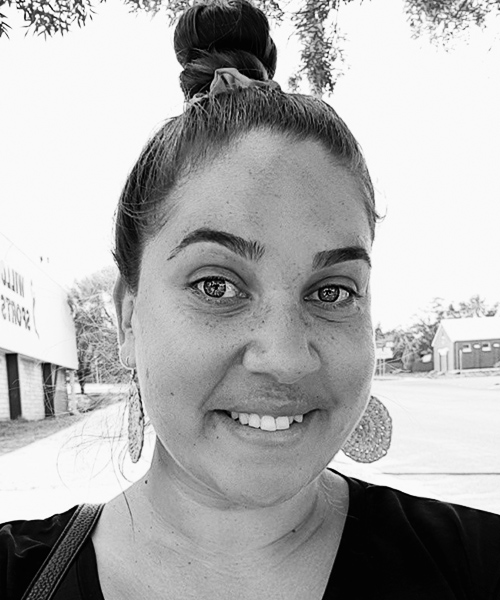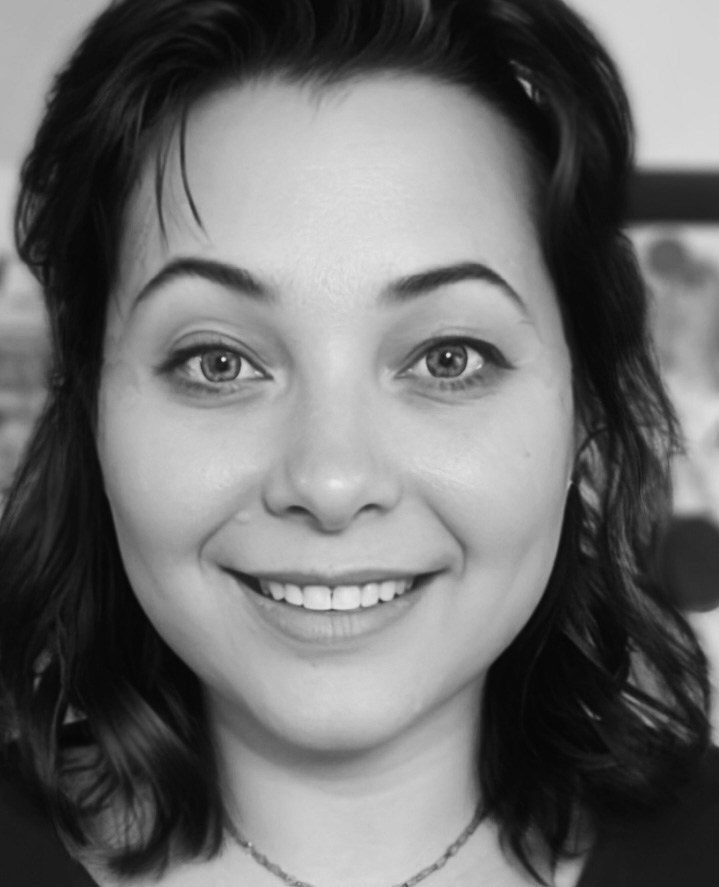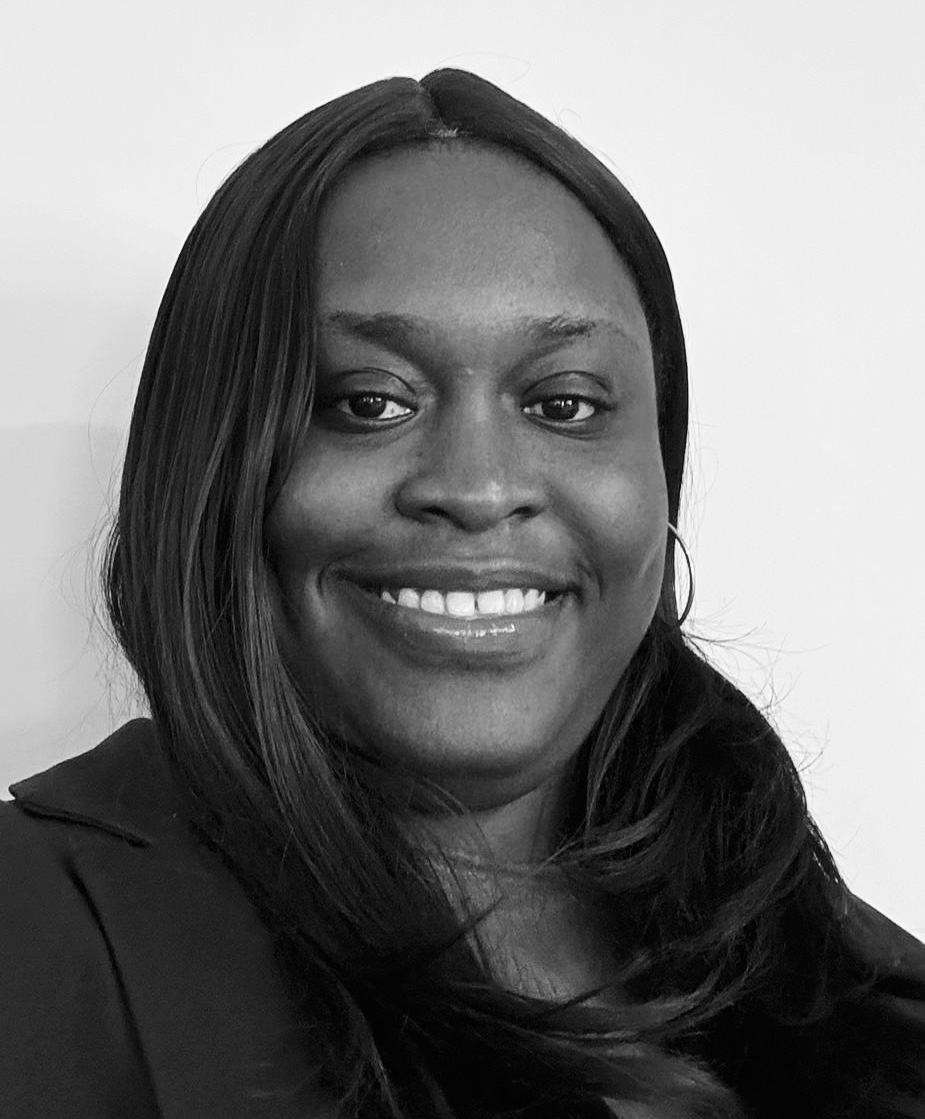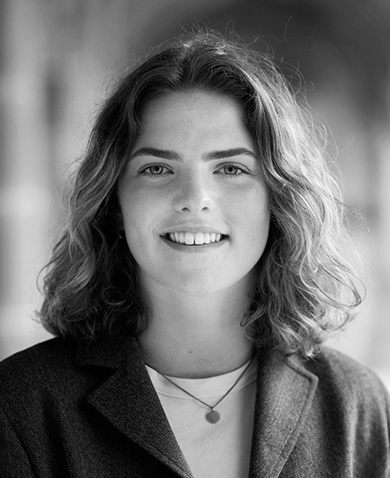Welcome to Darak
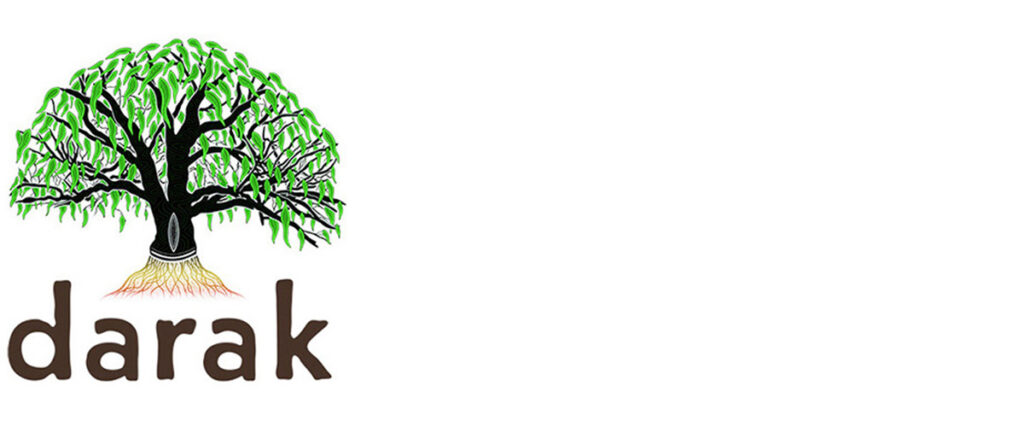
Together we are creating and holding space for Aboriginal and Torres Strait Islander voices, knowledge and leadership in health care, health research and education.
Our mission: We build relationships and support researchers in adapting to dynamic communities, expectations and priorities across the life of a research project.
Our purpose: Darak is a shared resource designed to centre Indigenous leadership, support cultural awareness, and strengthen community engagement in health research
To understand the impact of stroke on Aboriginal and Torres Strait Islander people you need to look beyond the death and dying statistics. You need to understand the cultural impact. With stroke occurring a decade earlier in Aboriginal people, we are losing our next generation of Elders. This Alliance is about more than improving stroke outcomes – it’s also about keeping our communities strong and our culture alive.

The meaning behind Darak
The word Darak has been gifted to us by the Djaara people, meaning “branches” in the traditional language. Our trees and their branches shelter and connect us. Our branches allow for renewal by bearing the fruit and seeds which return to country and emerge as seedlings that over time become new life.
When applied to the Australian Stroke Alliance, Darak symbolises the knowledge journey that harmonises heart, mind, body and spirit. This use of language respects the importance of country, culture and community for Aboriginal and Torres Strait Islander peoples.
We’re here to help
The Darak team is here to provide information and support to all Australian Stroke Alliance members engaging with Indigenous people and communities. We are also here to support the development of culturally appropriate ways of communicating and working with Aboriginal and Torres Strait Islander peoples and communities.
The Australian Stroke Alliance aims to change that narrative and provide equal access to stroke diagnosis and treatments to minimise the impact of stroke on all Australians. But, to do this successfully for our Aboriginal and Torres Strait Islander brothers and sisters, we need to go beyond the medicine, beyond the technology. We need to listen and learn and form partnerships with those affected by stroke to prevent stroke.
A practical way forward
Australian Stroke Alliance collaborators will soon be offered access to a range of tailor-made webinars and workshops to help us conduct research alongside Aboriginal and Torres Strait Islander communities and academics. Addressing the high incidence of stroke within First Nations communities is a key focus for the alliance, so the work of the groundbreaking Darak team is fundamental. Darak will grow to become an open and accessible resource for alliance members in the years ahead.
OneMOB and Knowledge Bank
Darak will also support Aboriginal and Torres Strait Islander leaders through the creation of ‘OneMOB’, a dedicated online space for Indigenous researchers to connect and the ‘Indigenous Knowledge Bank’, where Aboriginal and Torres Strait Islander knowledge is shared and Indigenous methodologies are developed for the Australian Stroke Alliance and its members.
OneMOB and the Indigenous Knowledge Bank platforms will produce eight webinars over two years, providing an opportunity for Aboriginal and Torres Strait Islander academics to present their work. They will be recorded and shared widely.
A NEW APPROACH: OUR WORKSHOPS
A series of four ‘Community of Practice’ workshops will take place over 12 months, providing an interactive environment and opportunities for discussion on topics including:
- Positioning and framing – Indigenous ways of knowing, being and doing,
- Cultural safety, cultural load and how to be a good ally
- History of Indigenous health research – the role of science and medicine in colonisation and control of Indigenous peoples’ lives
- Deficit narratives in Indigenous health research
- Indigenous governance and self-determination
- Indigenous governance and data sovereignty in Indigenous health research
- Indigenous methodologies in Indigenous health research.
Our Collaboration with AIATSIS
Darak has partnered with the Australian Institute of Aboriginal and Torres Strait Islander Studies (AIATSIS) to provide its Core cultural training modules. This comprehensive online course is specifically designed to enhance understanding of the culture, history, and society of Aboriginal and Torres Strait Islander people. Comprising of 10 interactive modules, the course covers a range of topics and themes. It encourages critical self-reflection and aims to inspire participants to pursue further study and engage in related activities.
The yarn sessions provide a platform for participants to gather, reflect on their learning experiences and engage in thoughtful discussions. These sessions create an inclusive environment for sharing diverse perspectives, deepening understanding, and exploring the topics covered in the modules.
Get in touch
If you have any questions about OneMOB and the Indigenous Knowledge Bank or working in the Aboriginal and Torres Strait Islander health research space, please contact the Darak team by emailing: DARAK-Team@unimelb.edu.au The Darak Team is your first point of contact for all Aboriginal and Torres Strait Islander matters. Darak is a shared resource designed to centre Aboriginal and Torres Strait Islander leadership and governance, support cultural awareness, and strengthen Community engagement in health research.
In the meantime, our team has designed various resources from tip sheets to a terminology guide for you to learn in your own time and share with your networks. Soon, you will be able to visit the Darak resource hub.

Thank you to the Dja Dja Wurrung Traditional Owners Corporation who have allowed us to use the word Darak as our name.
